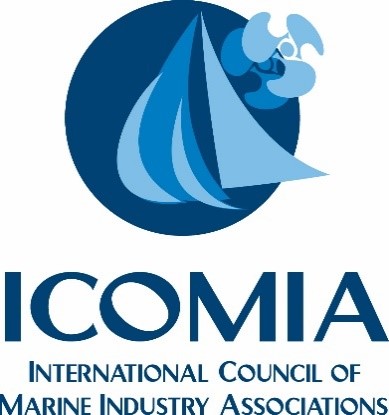New Carriage Requirements for Small Vessel Safety Equipment went into effect April 1, 1999. For complete details visit the transport Canada web site at: http://www.tc.gc.ca/BoatingSafety/equipment.htm
RRG Country: Canada
Australia Belgium Canada Cyprus Czech Republic Denmark Estonia Finland France Germany Greece Hong Kong Hungary Ireland Italy Japan Netherlands New Zealand Norway Poland Portugal Singapore South Africa Spain Sweden Switzerland Türkiye United Kingdom USA website@icomia.org
-
Canada – Safety Equipment
-
Canada – Registration
All vessel capable of being powered by engines over 9.9hp must be licensed. Licenses are valid for 10 years. The system is run by Transport Canda. Discussions are ongoing to begin charging for the licenses and system to be upgraded to all be on-line. Visit the following site for additional information: http://www.tc.gc.ca/BoatingSafety/pcl.htm
-
Canada – Drivers Licences
As of September 2009, all powerboat operators in Canada required to have prove of competency to operate a boat. A test is to be taken – course providers regulated by Transport Canada. For complete details visit Transport Canada web site at: http://www.tc.gc.ca/marinesafety/debs/obs/paperwork/paperwork_operator.htm
-
Canada – Construction Standards and Certification
New Small Vessel Construction Standards, document #TP1332 in force since 2010. To read the reguation go to: http://www.tc.gc.ca/eng/marinesafety/tp-tp1332-menu-521.htm Canada and US in discussions to align construction standards between the two countries
-
Canada – Health & Safety/Exposure Levels
Styrene Exposure Limits – Varying limits by Province in force. Some potential new regulations pending in Province of Quebec (Reported April 2020)
-
Canada – Product Liability
New consumer protection legislation in place requiring importers and manufacturers to report to Health Canada and recalls for products (mostly engines are affected)
-
Canada – Zero Emission Zones
The law is: No person shall operate a power-driven vessel in any of the waters described in Schedule 3, except as indicated in that Schedule.The municipality must apply to Transport Canada for a “Vessel Operation Restriction Regulation” If it is approved then the combustion engines can be restricted. These are mostly smaller lakes but definitely an impact especially in the province of Quebec which has 254 restrictions.This link identifies all the lakes in Canada which prohibit combustion engines (electric OK)https://laws.justice.gc.ca/eng/regulations/SOR-2008-120/page-7.html
-
Canada – Environment
Environmental regulations passed in April 2011 and will take effect January 1, 2012 aligning with U.S. Environmental Protection Act regulations with respect to marine spark engine emissions. Optional emissions averaging program and system of credits similar to the U.S. Performance based standards provide manufacturers the flexibility of design and innovation. Products eligible for sale in the U.S. are generally eligible for sale in Canada (accept U.S. EPA emission certification as evidence of conformity with regulations) Duty to report total numbers brought into Canada through importation declaration form (responsibility of the Canadian importer – usually the dealers) New legislation to deal with derelict/abandoned boats “Wrecked, Abandoned or Hazardous Vessels Ac”” introduced Make it illegal to abandon boats while also allowing the government to go after owners of derelict boats that have already been abandoned. It proposes that individuals who abandon a boat can face fines up to $300,000 and a six month jail term while corporations can be fined as much as $6 million. The legislation focuses on both commercial and recreational vessels. It must be noted that while the bill gives the government power to try and force owners of existing derelict boats to remove them safely, there will be no fines or penalties imposed on those who have already abandoned their vessels. The ownership of some of these boats cannot be determined which is why the Canadian government is also working with provinces and territories to establish improved rules for identifying boats
